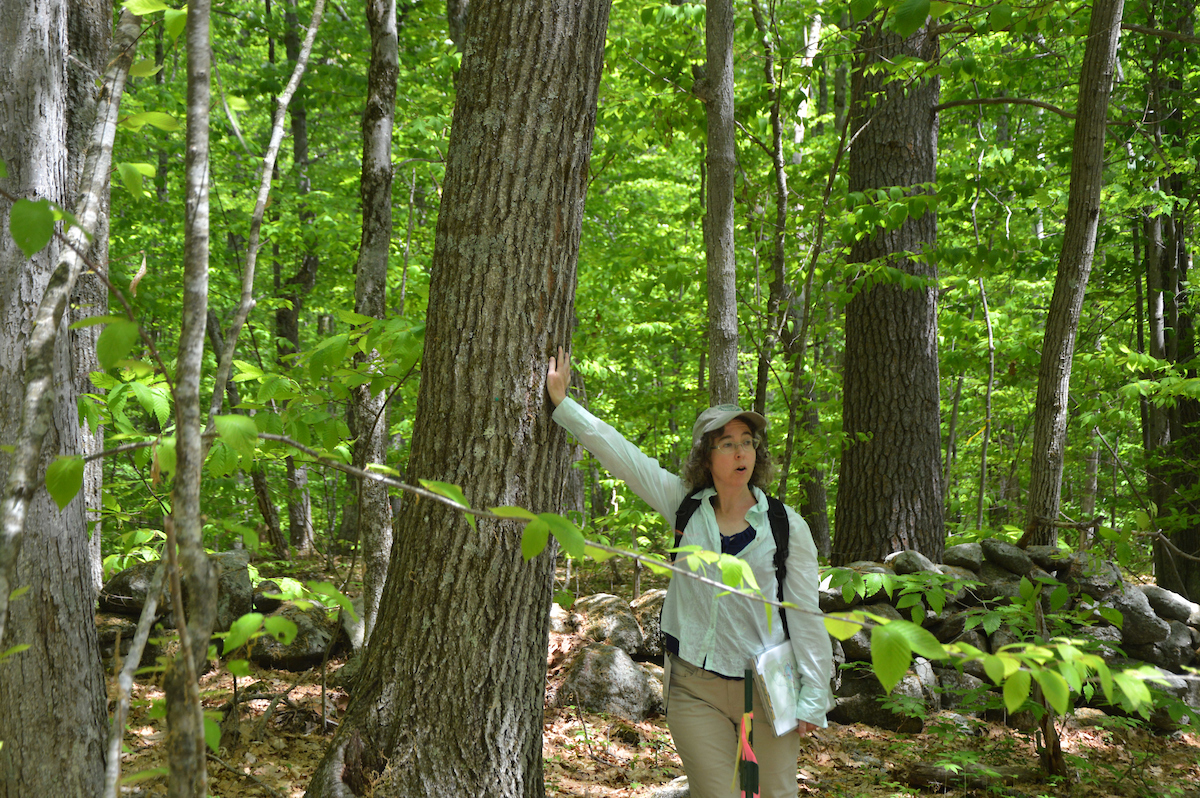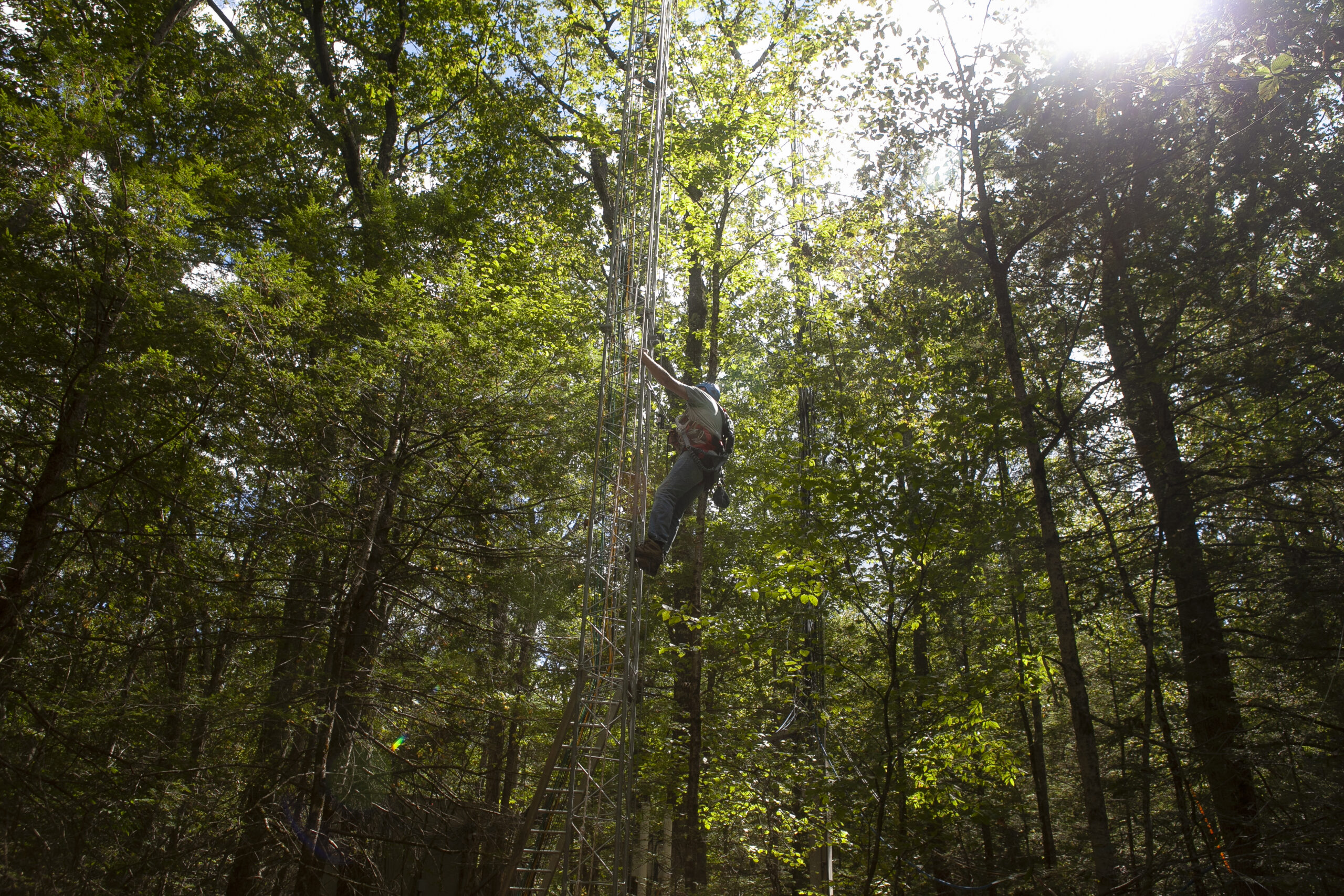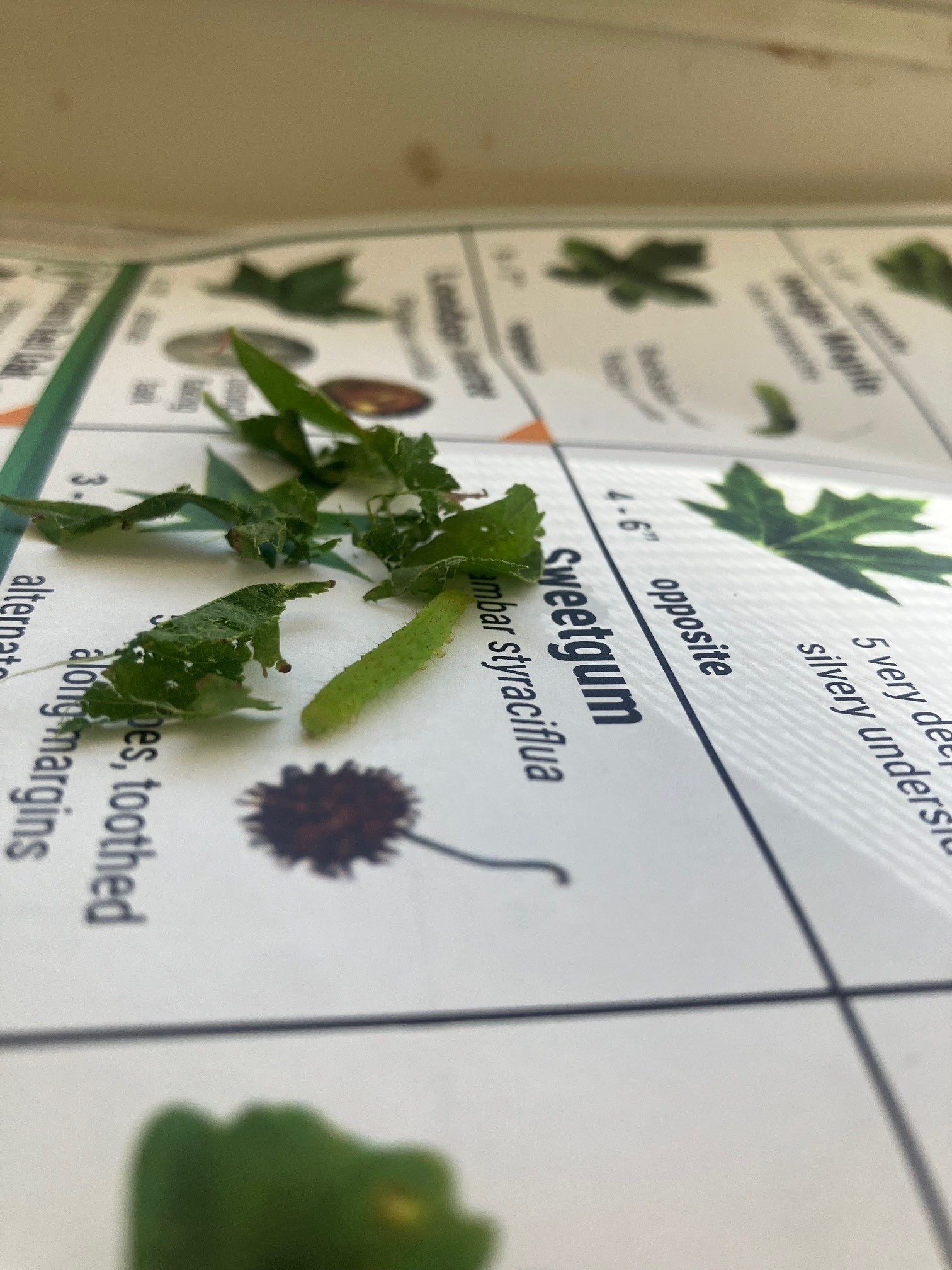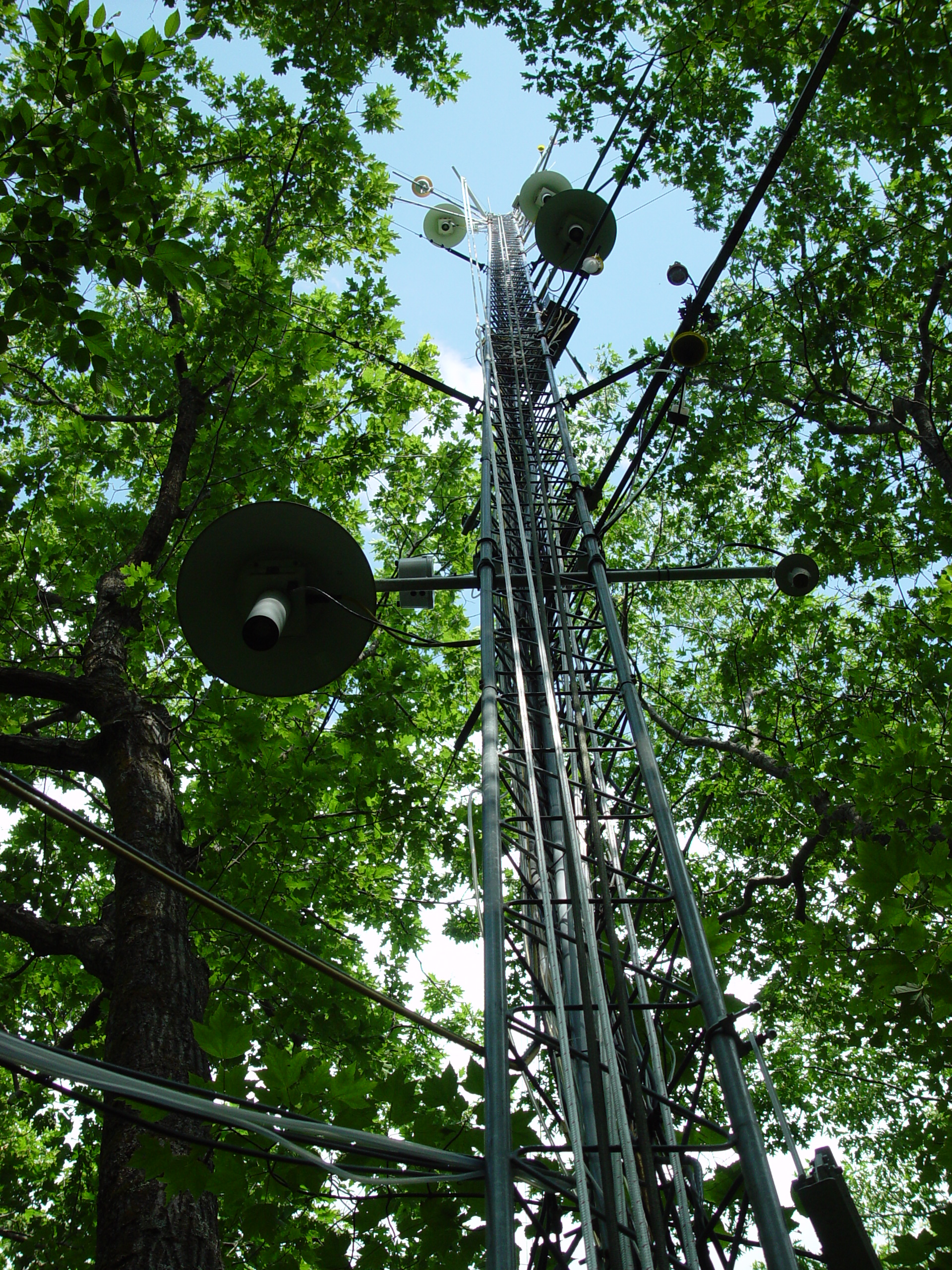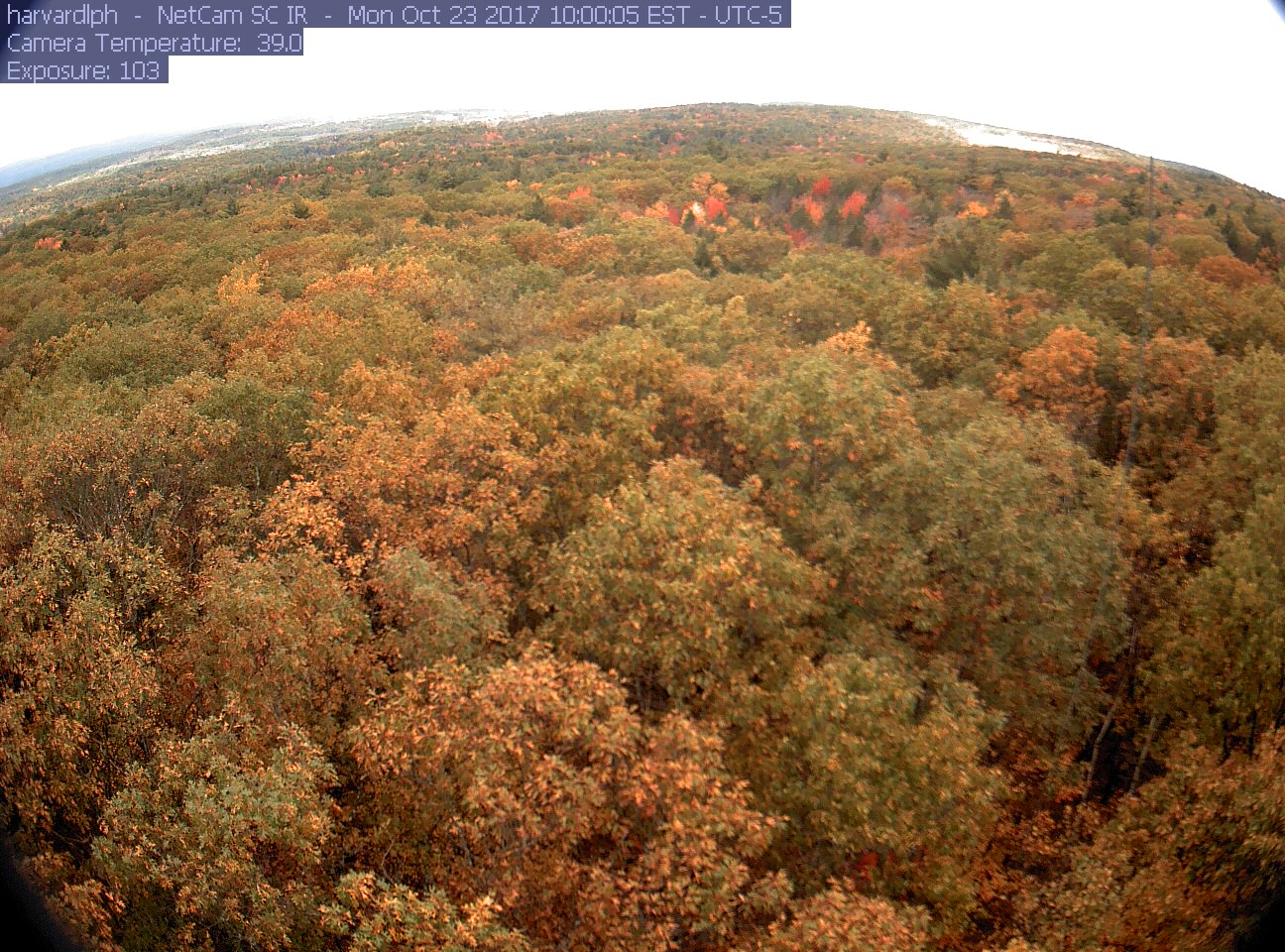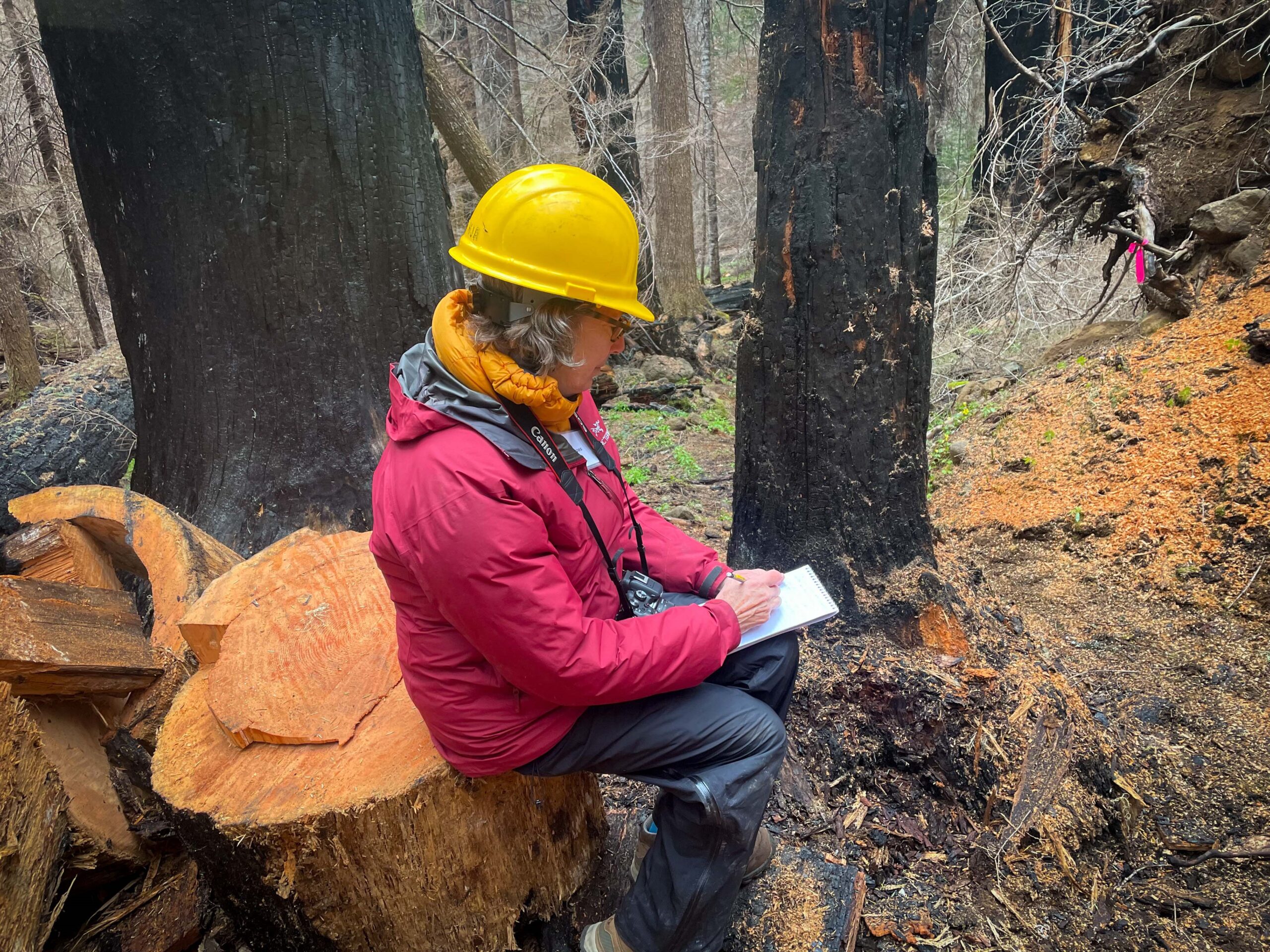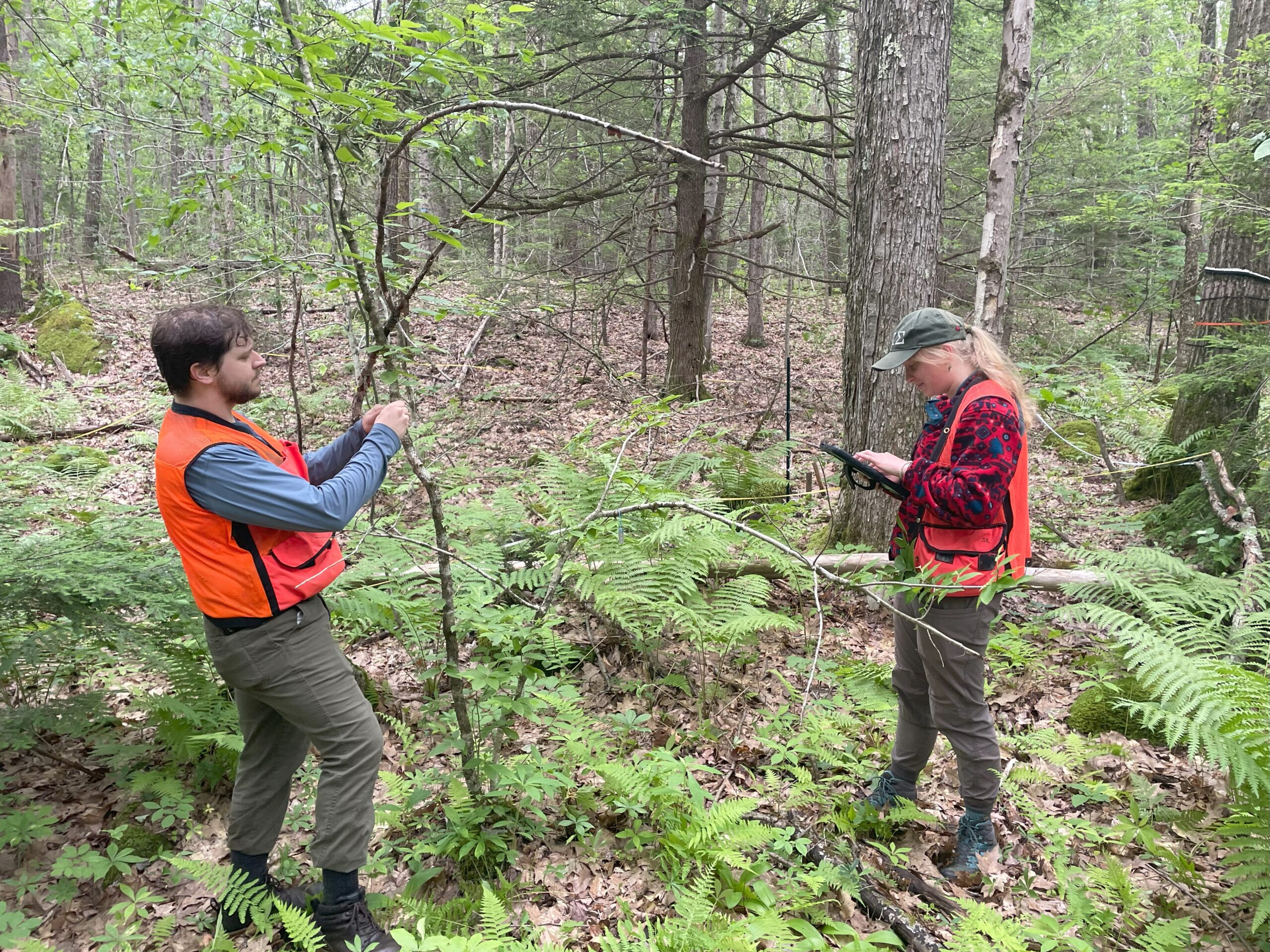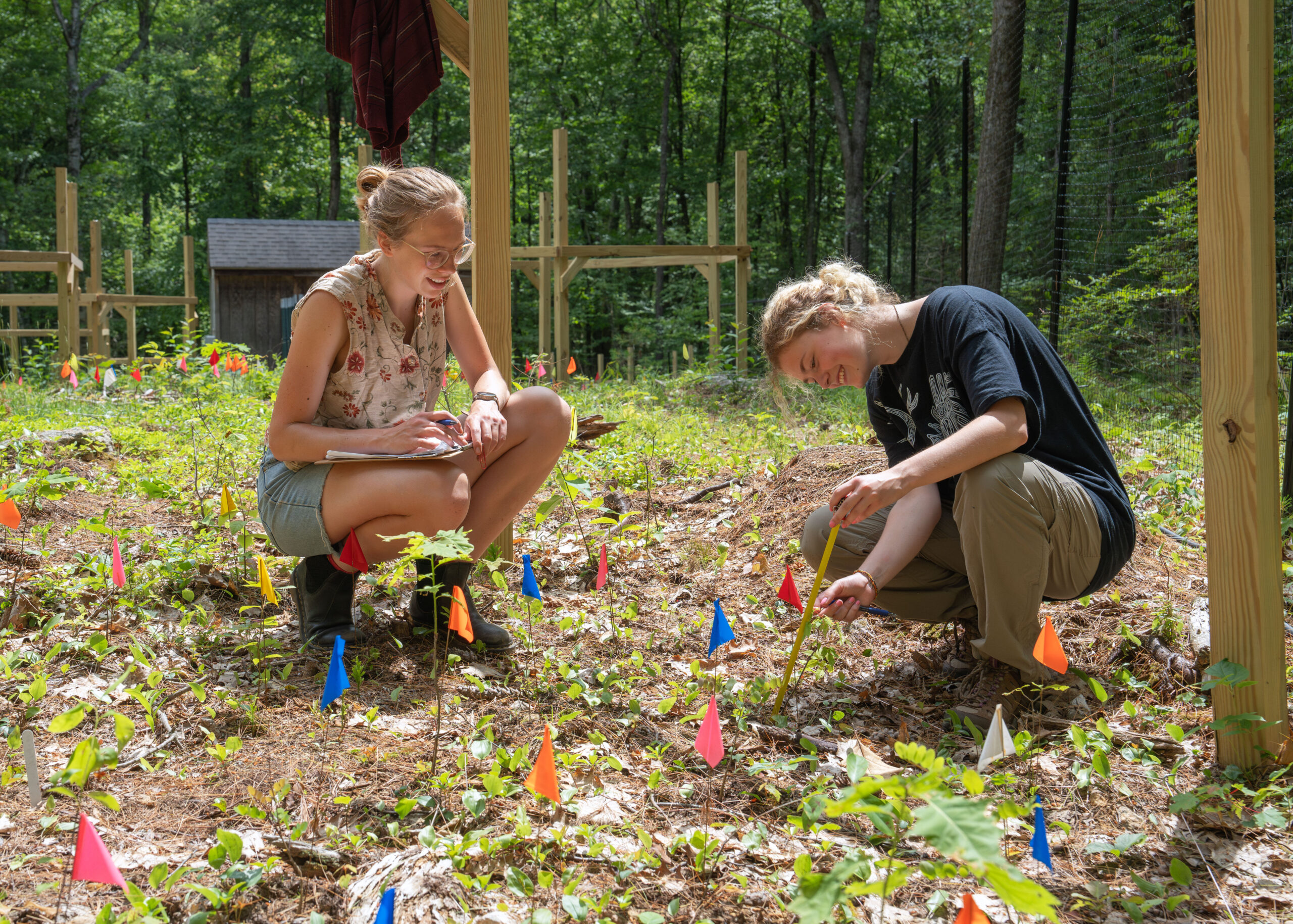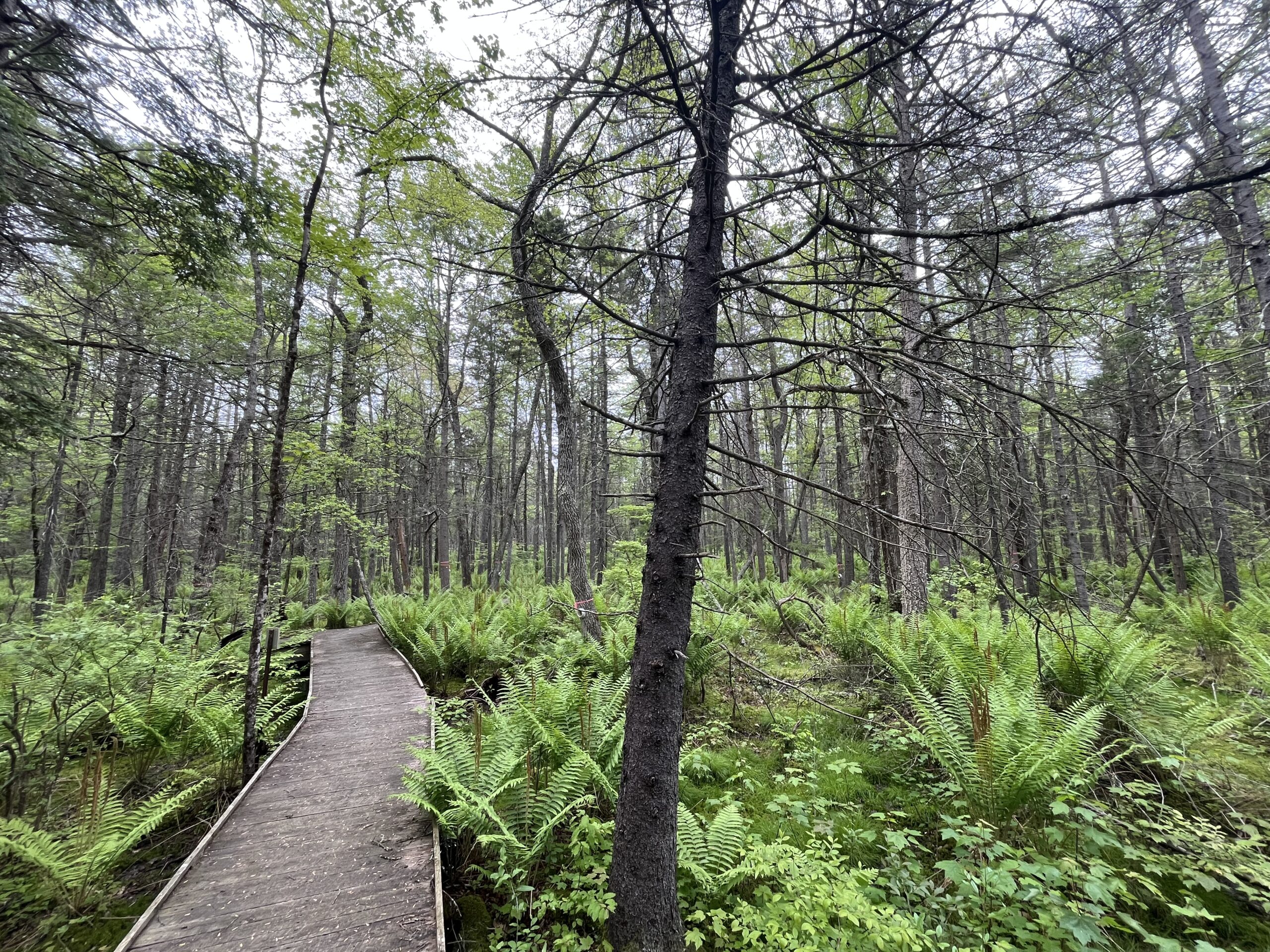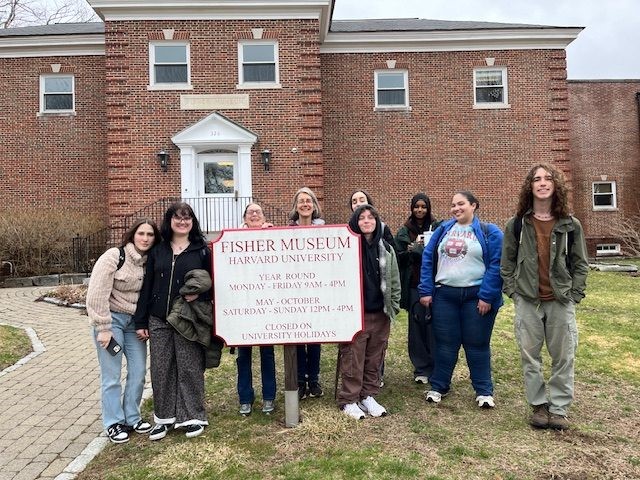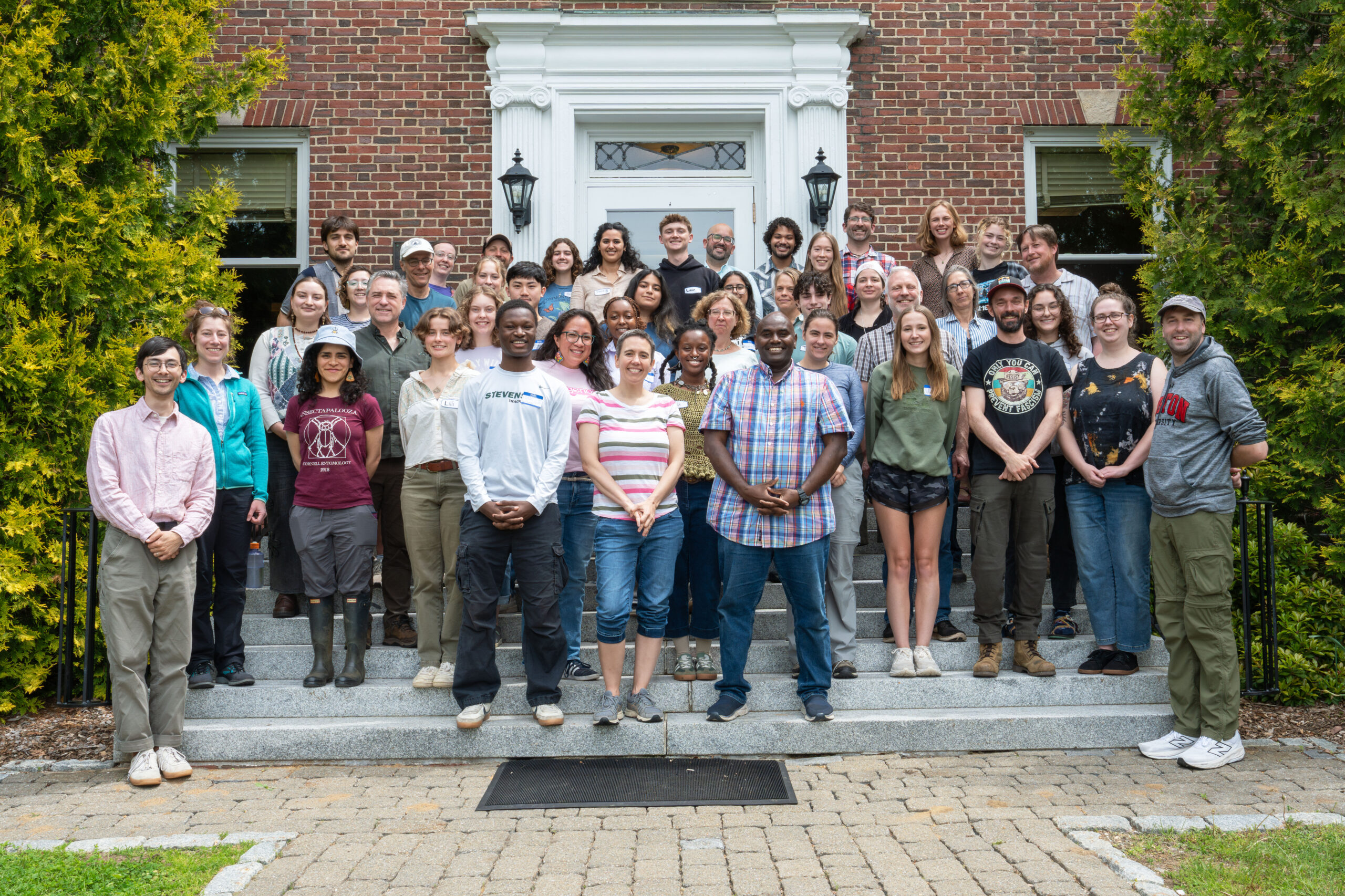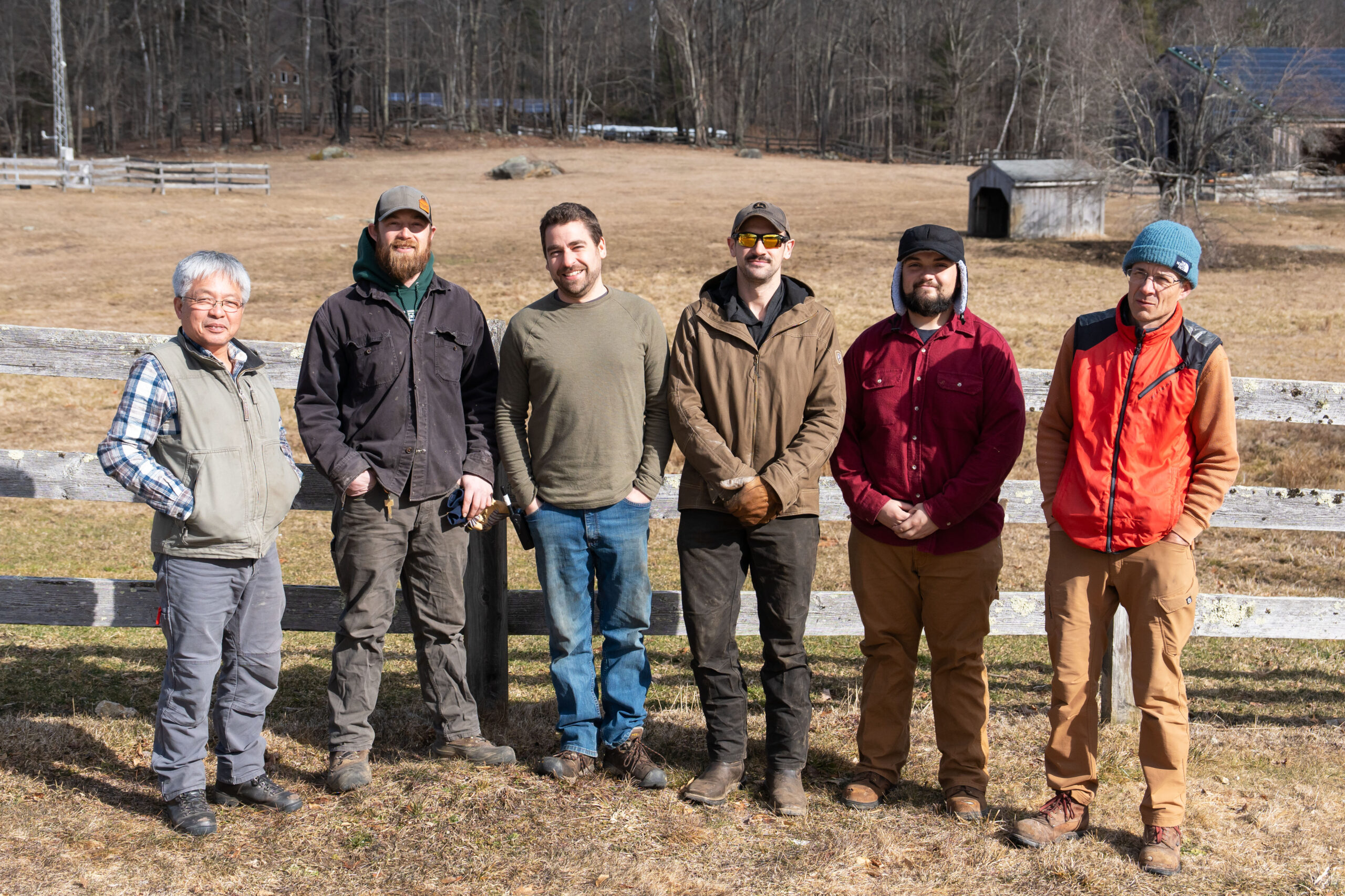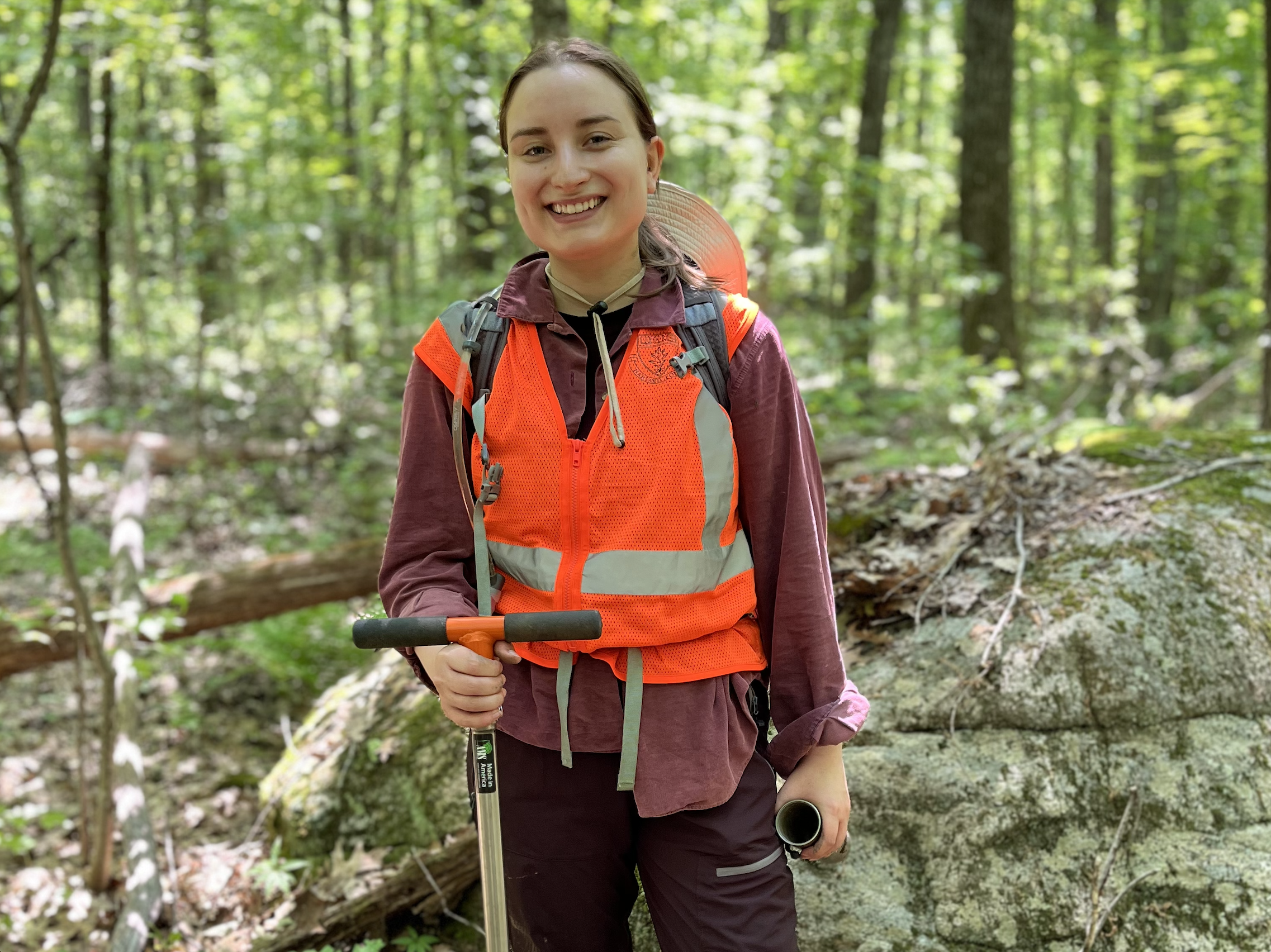
A doctoral student at UMass Amherst, Marissa Hanley is leveraging Harvard Forest’s Hurricane Manipulation Experiment – one of the longest-running ecological studies of its kind – to better understand the impacts of hurricanes on forest soils. Her research focuses on how hurricane-related impacts, such as the addition of carbon from fallen trees and shifts in the forest floor’s topography, influence how soils store carbon and release greenhouse gases.
Hanley has been working on the project with her advisor, Hannah Naughton (UMass Amherst), Harvard Forest scientists Audrey Barker Plotkin and Greta Vanscoy, and Dan Johnson (Harvard Forest Bullard Fellow). Together, they are investigating how even partial forest disturbances can leave lasting effects on soil processes and ecosystem function. Despite only being in their second season of data collection , the early results are promising, and Hanley is excited to continue building on this work.
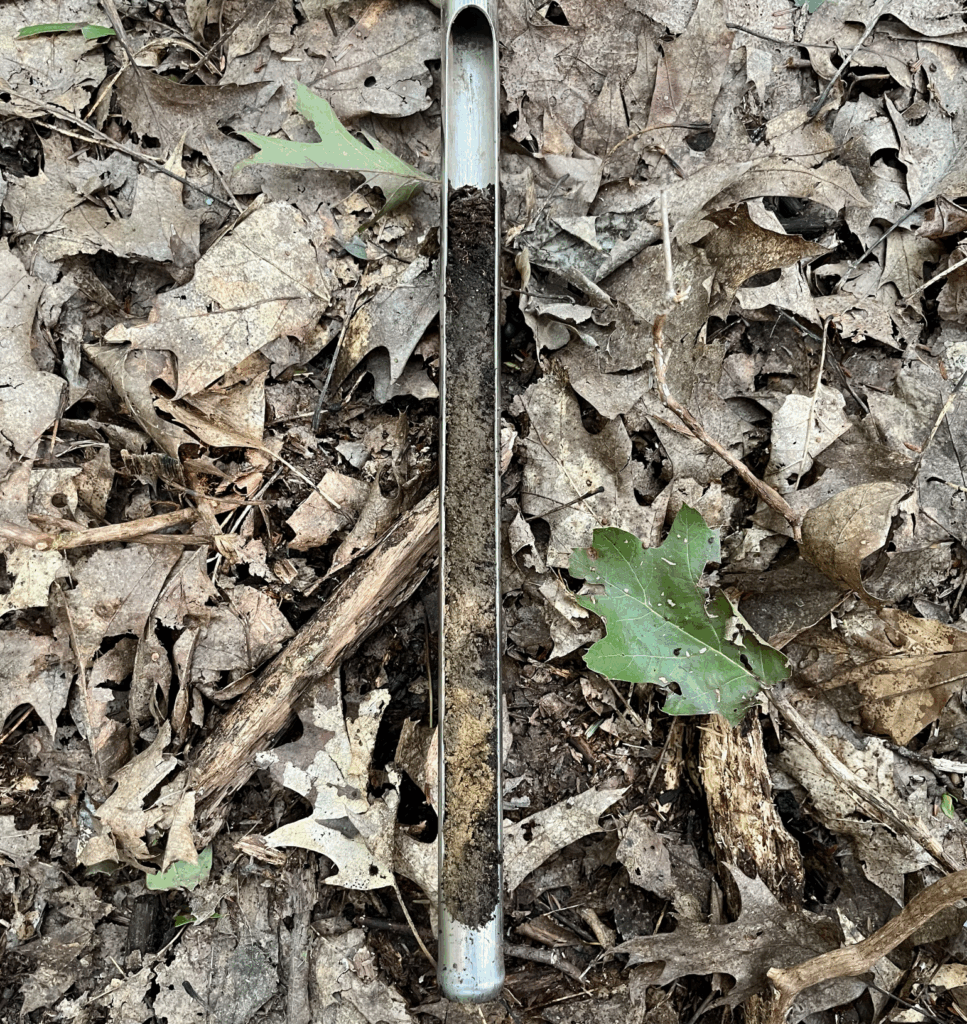
Beyond her research, Hanley plays a key role in mentoring undergraduate students through the Harvard Forest Summer Research Program. This summer, she is working with undergrads Adam Abdur-Rahmanan and Angelo Agarano, following last year’s mentorship of Naturi Scott and Julia Marquis. Her guidance helps students gain valuable experience in fieldwork, data analysis, and scientific communication.
In recognition of her ability to communicate complex science, Marissa was named a 2025 finalist in UMass’s 3-Minute Thesis competition, highlighting her capacity to make complex research accessible to a wide audience.
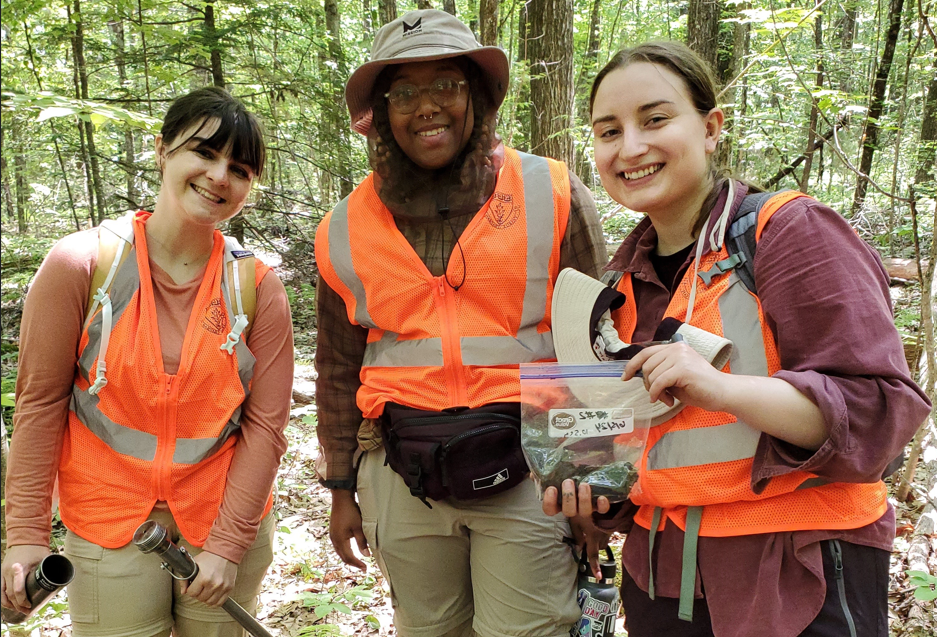
The Harvard Forest hosts well over 100 research projects on its 4,000-acre campus annually, attracting researchers like Hanley, who value its unique community and world-class facilities. “The incredible long-term data repository, combined with the collaborative research community, make it possible to tackle complex questions like mine,” Hanley says. “The depth and continuity of this shared work create a truly unique environment for research.”
